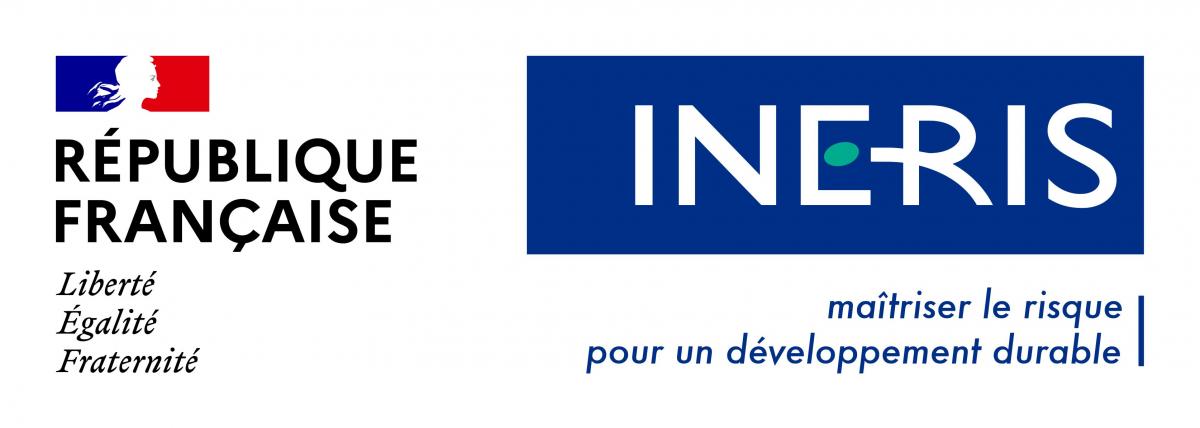Development of an OECD two-generations reproduction test in Daphnia magna
Résumé
Most eco-toxicological test guidelines only evaluate the effects observed within one generation, thus disregarding those potential detrimental effects that may appear across generations. The toxicological potential of contaminants may either decrease or increase across generations, or even remain unchanged. Reproductive toxicity in mammals monitors the effects on the parental generation as well as on their offspring. In fact, there are already standardized test procedures aimed to assess multigenerational effects for mammals and fish, but there are no equivalent tests for invertebrates, despite that their short life-cycles offer to cost-effectively monitor multigenerational effects of toxic substances in individuals and populations. Here we described the activities that are currently been conducted on behave of the SETAC EVOGENERATE Working Group to set up protocol for a two generation Daphnia magna reproduction test and to test the performance of that protocol across up to 20 different labs from Europe, America and Asia. Indeed this is one of the largest conducted intercalibration tests ever conducted using the OECD 2011 guideline. We aimed to develop a two generation test with only few amendments of the already existing guidelines. The few modifications included to start the second generation with third brood neonates collected from reproducing females from the first generation. We selected pyperonil butoxide as a test chemical based on previous studies that showed that this compound was the best candidate among other two compounds. To minimize interlab variability all laboratories used the same stock solutions, which were prepared by one of the partners and send it the rest of partners. The results obtained in this intercalibration test will be discussed in this poster.
